Time to Replace Your Commercial Ice Machine
Thinking about replacing your commercial ice machine? There are plenty of reasons for your commercial ice maker to stop making ice. Believe it or not, the process of freezing water is tougher than it seems. However, before you put in a purchase order in for a new ice machine, it’s worth determining whether or not a repair is in the cards.
Is your commercial ice maker ready for the salvage yard or salvageable?
Troubleshooting your commercial ice machine
After running the obvious power and water supply checks, consider the following:
If your ice maker is struggling to keep up with the demands of your commercial kitchen, or you suspect that heat is pocketing dangerously around the machine, take a temperature reading. If temperatures are routinely topping 90 degrees, ice machine production can drop dramatically. When ambient temperatures are too high, water temperatures increase accordingly and ice machines work exponentially harder to cool water to acceptable levels for ice making.
As an added bonus, cooling your work space sufficiently not only aids in ice production, but it also helps keeps your employees happy and food supplies stable.
On the off chance you’re already looking to purchase an ice machine, it’s wise to keep typical working temperatures in mind and to consider purchasing a machine that makes more ice than you think you’ll need.
Is There Enough Breathing Room for Your Ice Machine?
Space is at a premium for most kitchens and commercial retail spaces, however, even ice machines need a little elbow room. Air cooled ice machine heads and under counter ice makers need at least six inches of clearance for optimal airflow and ice making.
Is Your Compressor Working Overtime?
If this is the case, it may be time to throw in the towel. The experts at The News have this very common-sense advice for business owners: “ If there are major problems with the compressor, metering device, controls, etc., and the machine is old enough that the owner wants to replace it instead of paying for major repairs on an old machine, the descaling procedure might turn out to be a waste of time. ”
If you’ve heard the horror stories about dirty ice, then your customers have too. Do yourself a favor and routinely clean your machine and replace the filter. Not only will scale, microscopic mineral deposits, cause your commercial ice machine work less efficiently, it’s one of the most common causes of ice machine failure. Always clean your machine using Federal Food Code standards. Check the machine manufacturer recommendations and clean accordingly. To minimize scale build-up, replace the filter every six months, at minimum. Scale can be safely removed with specially formulated removal products.
Is the Condenser Clean?
If the condenser coils are dusty, oily, or otherwise grimy, warm air cannot be effectively filtered out and away from your machine. Heat, obviously, is the enemy of ice. Dust is easy to wipe away with a damp cloth. Grease is a little tougher and may require a chemical or specially formulated cleaning solution if the situation is particularly dire.
Is it Time for a Service Call?
While managers and business owners can certainly perform basic troubleshooting procedures, ice machines are complicated and sensitive industry-specific equipment. We encourage entrepreneurs to have their ice machines serviced annually by a professional. The experts are able to tune-up your equipment and be proactive about fixing any existing issues to make sure that not only is your machine working properly, but also so you don’t face any future breakdowns when least expected.
DON’T DELAY YOUR COMFORT! Contact Vasi for commercial ice machine service, maintenance, and installation.
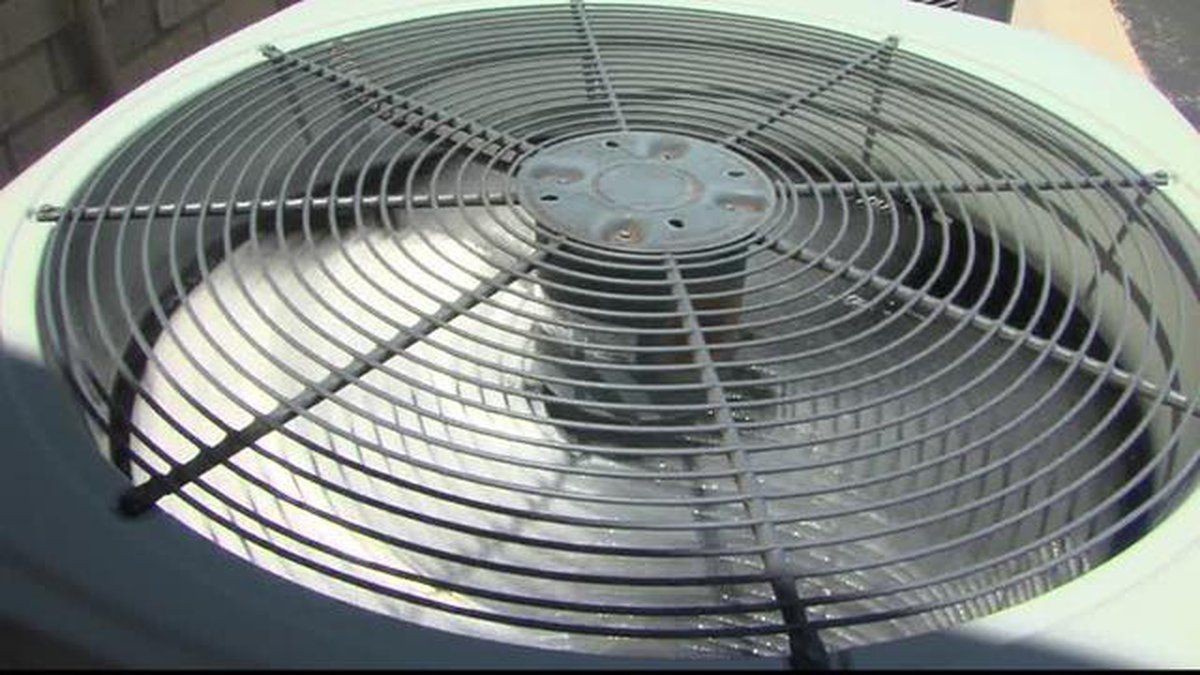

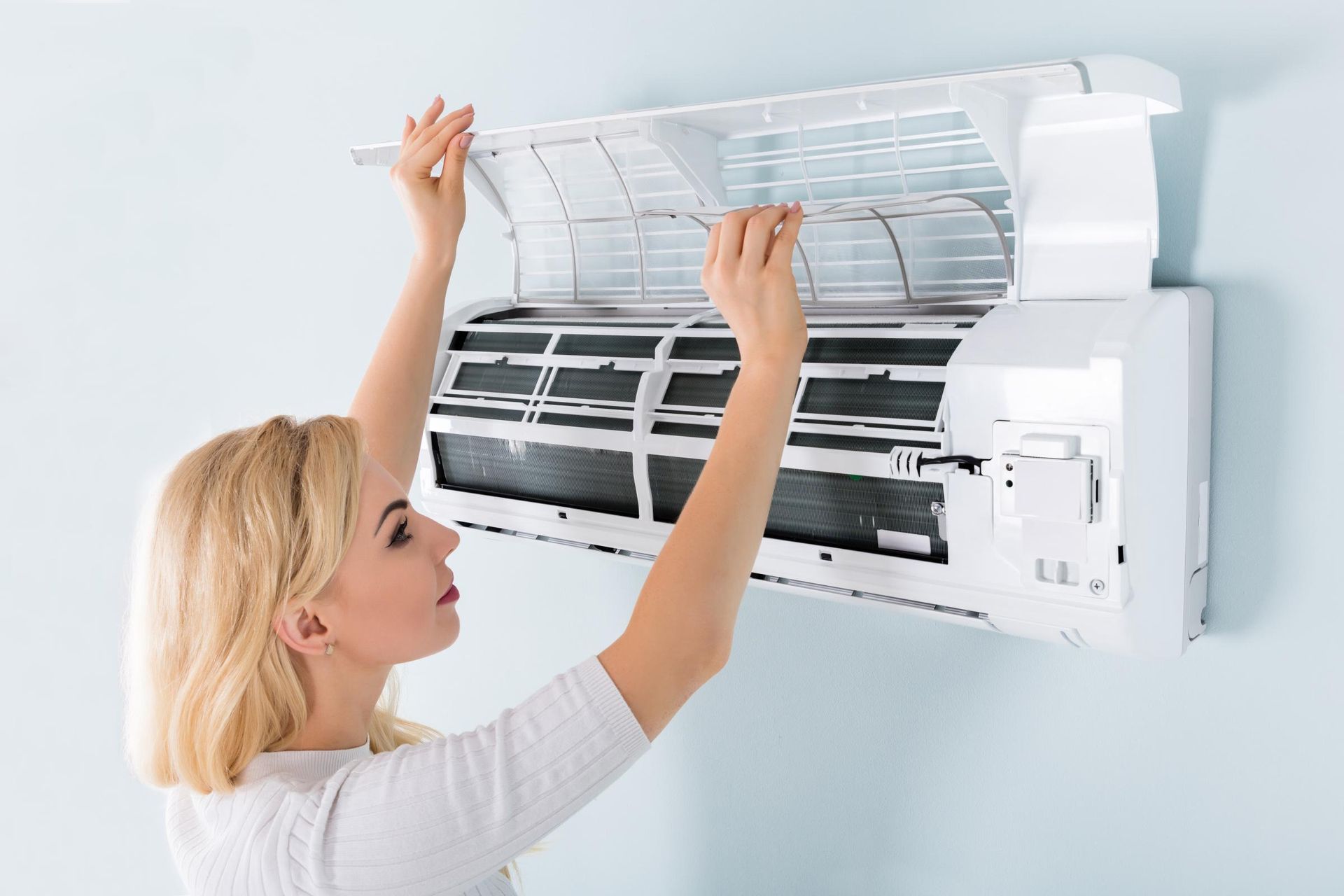
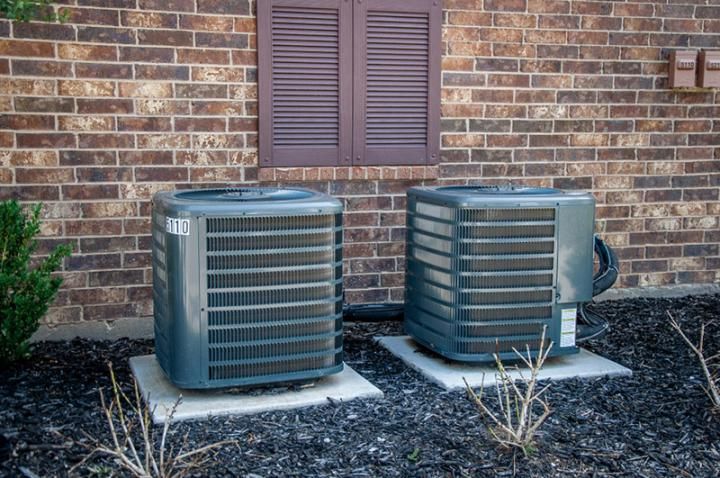

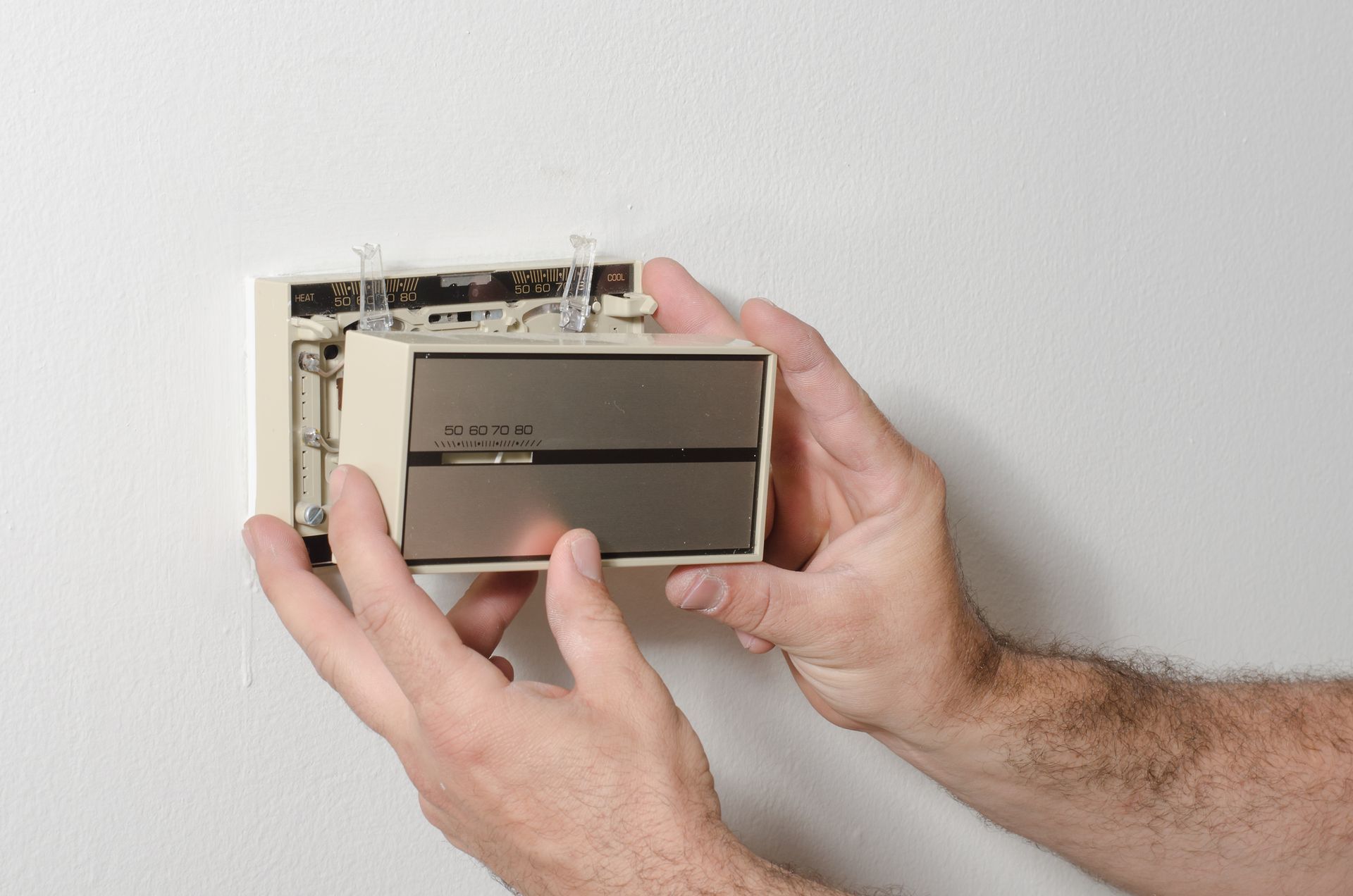

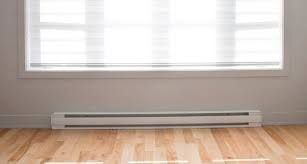
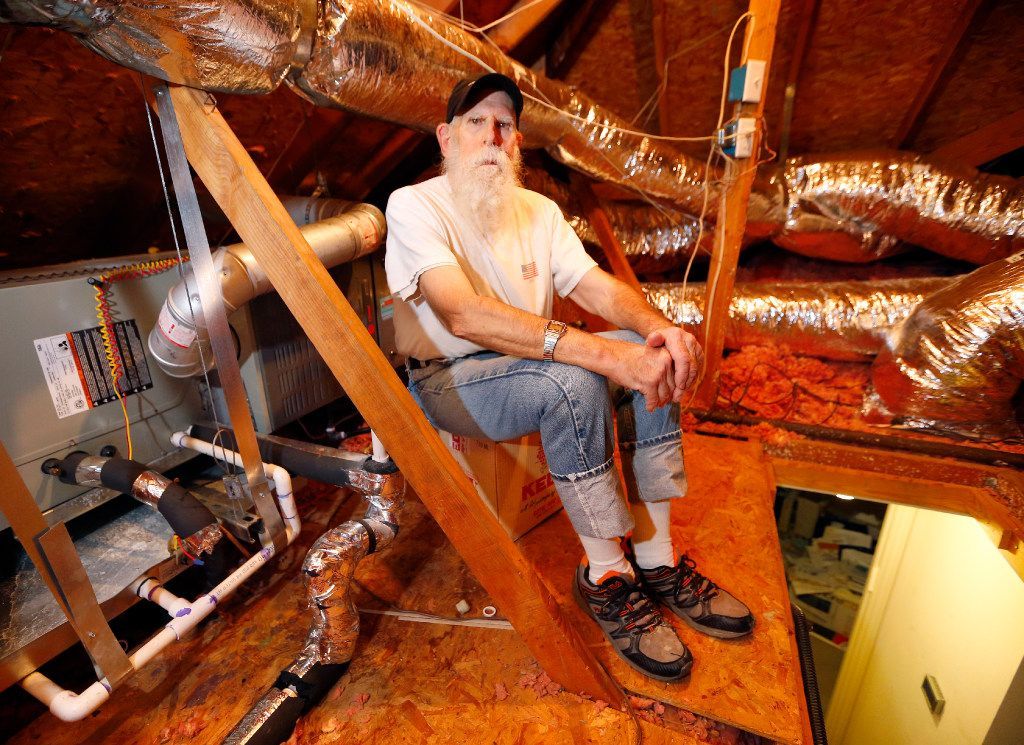

At 24/7 Local HVAC, we specialize in facilitating connections with top-tier HVAC professionals. Our focus is on bridging the gap between you and reputable HVAC companies operating within your local vicinity. It's important to emphasize that each of these HVAC entities functions independently and autonomously.
We firmly place the onus on every individual user to meticulously verify that any selected HVAC company aligns with the mandated licensing and insurance prerequisites stipulated by the governing authorities in their respective jurisdiction.
Furthermore, it's worth noting that our services may regrettably not cover all geographical areas. In instances where our services are available, the scope of offerings could potentially differ based on the composition of service providers present within that particular region.

